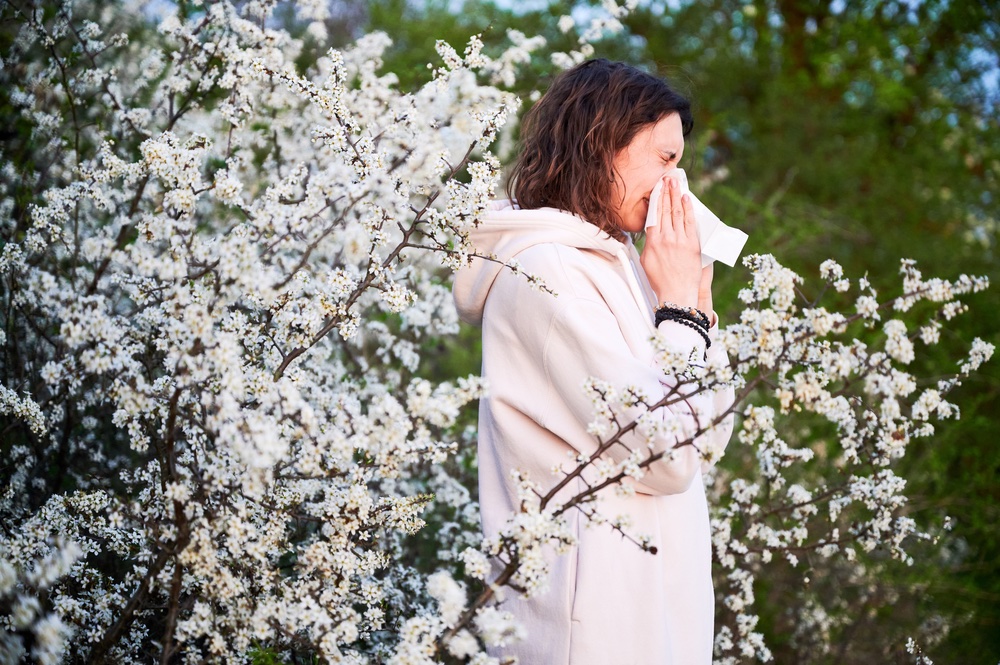Allergies: Understanding Prevention and Relief
Allergies are more than just a nuisance; they can significantly impact a person’s quality of life. From seasonal sniffles to food intolerances, understanding allergies is crucial for effective management. Let’s dive into the world of allergies, exploring ways to prevent, manage, and find relief.
Understanding Allergies
At its core, an allergy is the body’s overreaction to a harmless substance. This hypersensitivity triggers the immune system, leading to various symptoms ranging from mild discomfort to more severe reactions such as being unable to breathe. Common allergens include pollen, pet dander, certain foods, and insect stings.
Types of Allergic Reactions
Allergic reactions manifest in diverse ways, depending on the individual and the allergen involved. Symptoms may include sneezing, itching, hives, swelling, difficulty breathing, or even anaphylaxis—a life-threatening emergency.
Allergies vs. Illness: Signs and Symptoms
Distinguishing between allergies and illness can sometimes be challenging due to overlapping symptoms. However, there are subtle differences to watch for:
- Allergies: Symptoms typically occur shortly after exposure to an allergen and may include sneezing, watery eyes, itching, and a runny or congested nose. Allergy symptoms often improve when the allergen is removed or with the use of antihistamines.
- Illness: Symptoms of illness, such as a cold or flu, may develop gradually and often include fever, body aches, fatigue, sore throat, and coughing. Unlike allergies, illness symptoms may persist for several days to weeks and are usually accompanied by general feelings of malaise.
Common Allergies
- Pollen Allergy (Hay Fever): Pollen from trees, grasses, and weeds can trigger allergic reactions, causing symptoms like sneezing, itchy eyes, and a runny nose. Spring and fall are peak seasons for pollen allergies.
- Pet Allergy: Pet dander, saliva, and urine can provoke allergic reactions in sensitive individuals. Symptoms may include sneezing, congestion, skin rashes, and itchy eyes. Regular grooming and cleaning can help manage pet allergies.
- Food Allergy: Certain foods such as peanuts, tree nuts, shellfish, eggs, milk, and soy can elicit allergic reactions in susceptible individuals. Symptoms range from mild itching and hives to severe anaphylaxis. Strict avoidance of trigger foods is essential for managing food allergies.
- Insect Sting Allergy: Bee stings, wasp stings, and bites from ants or mosquitoes can cause allergic reactions, ranging from localized swelling and redness to severe anaphylaxis. Carrying an epinephrine auto-injector is crucial for individuals with insect sting allergies.
- Mold Allergy: Mold spores thrive in damp, humid environments and can trigger allergic reactions when inhaled. Symptoms may include sneezing, coughing, wheezing, and nasal congestion. Proper ventilation and moisture control can help prevent mold allergies.
Prevention Strategies*
Preventing allergic reactions often involves avoiding known allergens. It can be challenging but is essential for minimizing symptoms. Strategies may include:
- Identifying Triggers: Keep a journal to pinpoint specific allergens and their effects.
- Creating Allergy-Free Zones: Implement measures to reduce exposure, such as using air purifiers or keeping pets out of certain areas.
- Reading Labels: Scrutinize ingredient lists for potential allergens when shopping for food or skincare products.
- Seeking Professional Help: Consult with allergists for comprehensive testing and personalized advice on managing allergies.
Managing Allergy Symptoms*
While prevention is key, managing allergy symptoms is equally vital for those unavoidable encounters with allergens. Here are some practical approaches:
- Over-the-Counter Medications: Antihistamines, decongestants, and nasal sprays can provide relief from mild to moderate symptoms.
- Allergy Shots (Immunotherapy): For individuals with severe allergies, allergen immunotherapy can desensitize the immune system over time, reducing allergic reactions.
- Natural Remedies: Certain natural remedies, such as saline nasal rinses or herbal supplements, may offer symptom relief for some individuals.
- Healthy Lifestyle Habits: Maintaining a balanced diet, staying hydrated, and reducing stress can bolster the immune system and potentially alleviate allergy symptoms.
*Certain allergies can be life threatening for some individuals, it is always important to consult with your medical provider for best strategies for you. Call 911 for all emergency situations.
Seeking Professional Guidance
For persistent or severe allergies, seeking professional medical advice is crucial. Allergists can conduct comprehensive assessments, provide accurate diagnoses, and offer tailored treatment plans to manage allergies and improve quality of life effectively.
Allergies affect millions worldwide, but understanding, prevention, and proper management can significantly alleviate their impact. By identifying triggers, implementing preventive measures, and seeking professional guidance, individuals can navigate the allergy maze with confidence and reclaim control over their health and well-being. Remember, knowledge is power when it comes to allergies—empower yourself today!

